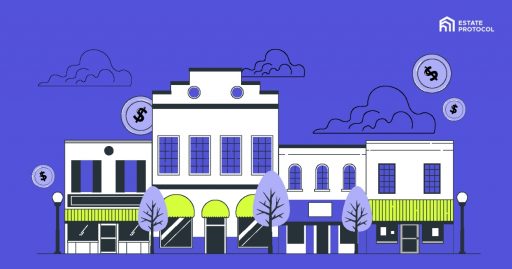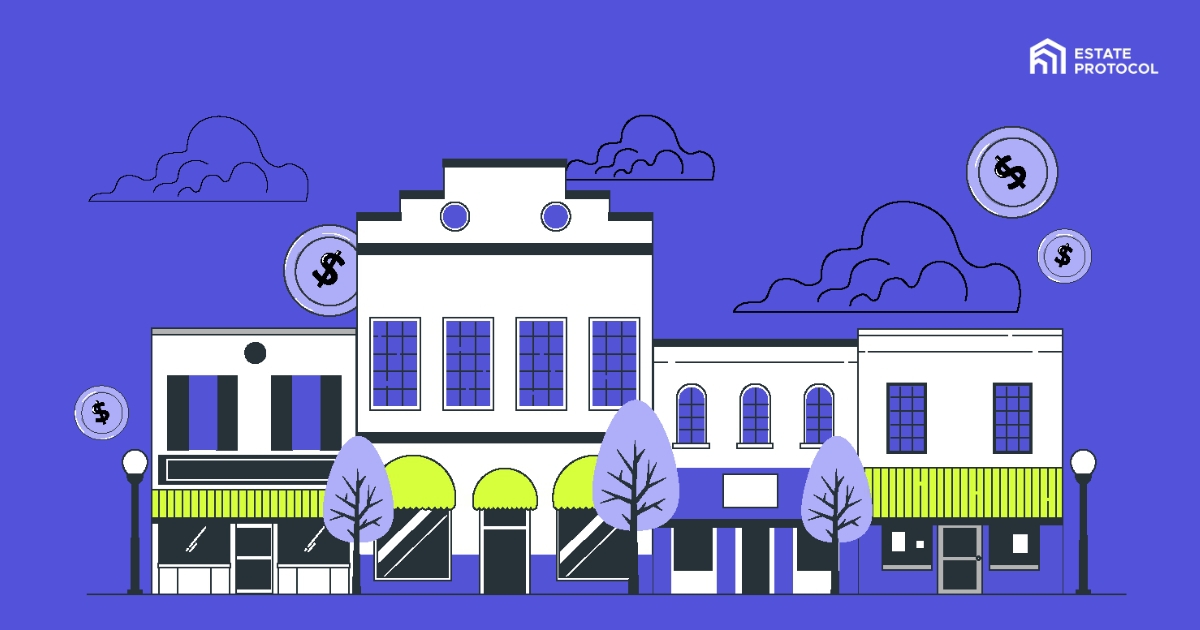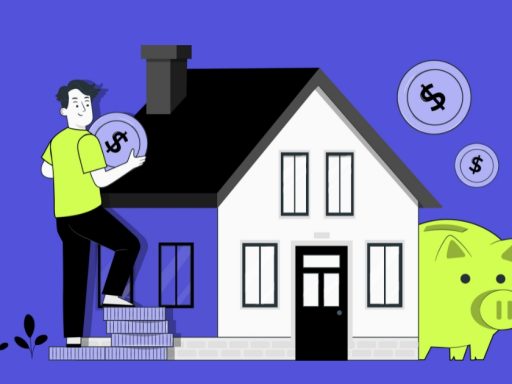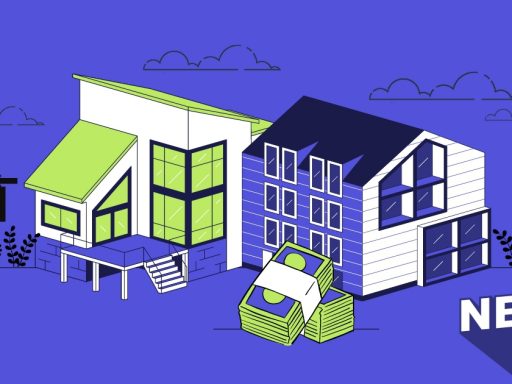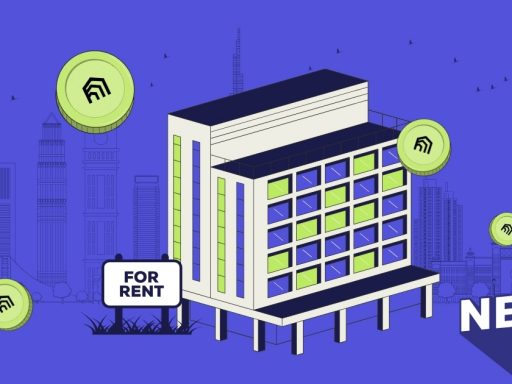Real estate – a traditional industry – has long needed disruption. And now, it has just that. Tokenized real estate is revolutionizing the way we invest in property. By transforming physical assets into digital tokens, it opens up all sorts of possibilities for investors of all sizes. This approach uses blockchain tech to enable fractional ownership, (and therefore) enhance liquidity, and streamline transactions.
Before we dive deeper, let’s understand what real asset tokenization is all about:
What is Real Asset Tokenization?
Real asset tokenization is the process of converting real-world assets (like real estate, art, commodities, or even private equity) into digital tokens on a blockchain. These tokens represent ownership rights in the underlying asset.
How it works:
- Asset valuation: The asset is appraised to determine its value.
- Tokenization: The asset is divided into smaller digital units or tokens.
- Blockchain integration: These tokens are issued on a blockchain, providing transparency and security.
- Trading: Tokens can be traded on digital exchanges, offering increased liquidity and accessibility.
Challenges with Traditional Ownership of Real Estate
- Large capital requirements: Investing in real estate demands huge upfront capital, pushing many out of the market.
- Illiquidity: Real estate is considered a relatively illiquid asset, making it difficult to convert into cash quickly.
- Property management: Property management can be demanding, requiring expertise in tenant relations and legal matters.
- Market research: Identifying profitable investment opportunities requires in-depth market analysis and knowledge.
- Limited investment options: Investors are often restricted to properties within their geographic location.
- Diversification challenges: Building a diversified real estate portfolio can be difficult due to geographic constraints.
- Information asymmetry: Information about property values, rental income, and expenses can be opaque.
- Difficulty in valuation: Accurately valuing real estate can be complex.
These challenges have contributed to the growing interest in alternative investment options, such as tokenized real estate.
Benefits of Tokenized Property Investment
Now that we know the basics, let’s look in detail why investors should bother with investing in tokenized real estate:
Increased Liquidity
- Enhanced trading: Tokenized real estate can be traded on digital exchanges, providing a more liquid market compared to traditional real estate.
- Faster transactions: The digital nature of tokens enables quicker buying and selling processes.
Fractional Real Estate Ownership
- Accessibility: Investors with limited capital can participate in high-value real estate projects. For example, Estate Protocol lets you buy properties with as little as $50.
- Diversification: Investors can create a diversified real estate portfolio by owning fractions of multiple properties and that too in prime locations. Estate Protocol allows investors to invest in international properties, helping them build a diversified portfolio.
Secondary Market Trading
- Resale opportunities: Tokenized real estate can be easily traded on secondary markets, offering investors exit options.
- Price discovery: Active trading helps establish fair market values for tokenized properties.
Faster Asset Conversion
- Quick liquidity: Tokens can be converted into cash more rapidly than traditional real estate.
- Reduced transaction costs: Digital transactions often incur lower fees compared to traditional property transfers.
Improved Accessibility
- Democratization of real estate investment: Tokenization makes real estate investment more accessible to the general public.
Enhanced Efficiency
- Streamlined transactions: Smart contracts automate many aspects of real estate transactions, reducing paperwork and processing times.
- Reduced costs: By eliminating intermediaries and automating processes, tokenization can lower costs associated with buying, selling, and managing real estate.
- Automated processes: Blockchain technology enables the automation of various tasks, such as rent collection and property management.
Risk Mitigation
- Diversification opportunities: Investors can create diversified real estate portfolios by owning fractions of multiple properties.
- Fractional ownership reduces exposure: By spreading investments across different properties, investors can mitigate risks associated with individual property performance.
Estate Protocol, a platform built on Arbitrum, empowers global investors to tokenize real estate assets through cryptocurrencies and benefit from quicker transactions and lower fees without compromising on security.
Challenges with Tokenized Real Estate
While tokenization of real estate offers advantages, it also presents several challenges:
Regulatory Uncertainty
- Complex legal framework: The intersection of real estate and digital assets creates a complex regulatory landscape.
- Varying regulations: Different jurisdictions have differing rules for tokenized securities, making it difficult for platforms to operate on a global scale.
- Securities vs. commodities: Determining whether tokens represent securities or commodities can have regulatory implications.
Valuation and Pricing
- Dynamic asset values: Real estate values fluctuate, making it challenging to accurately price tokens.
- Lack of standardized valuation methods: There’s no universally accepted method for valuing tokenized real estate.
Liquidity Concerns
- Market depth: While tokenization aims to increase liquidity, the market for many tokenized assets is still relatively immature.
- Trading volume: Low trading volume can impact price discovery and investor liquidity.
Technological Challenges
- Blockchain scalability: Blockchains generally aren’t appreciated for handling a large number of transactions.
- Smart contract risks: Errors in smart contracts could lead to financial losses.
- Cybersecurity threats: Tokenized assets are susceptible to cyberattacks and hacks – not on the blockchain itself, but on platforms and owners’ devices.
Investor Education
- Lack of awareness: Many investors are unfamiliar with tokenized real estate, creating a knowledge gap. It could be a tough sell at first.
- Risk perception: Investors may be hesitant to invest in a relatively new asset class.
Addressing these challenges is important for the growth and adoption of fractional real estate ownership.
Future of Tokenized Property Investment

The tokenized real estate market is poised to grow bigger. According to reports, the market would be worth $16 billion by 2030. Let’s look at how it will reshape our traditional way of doing things:
Democratization of Finance
- Increased accessibility: By fractionalizing assets, tokenization allows investors with much less capital to participate in previously exclusive markets.
- Financial inclusion: This democratization can contribute to greater financial inclusion by breaking down traditional barriers to investment.
Enhanced Market Efficiency
- Increased liquidity: Tokenized assets can be traded more efficiently on digital exchanges, improving market liquidity.
- Reduced transaction costs: Smart contracts and automation can significantly lower the costs associated with asset management and trading.
- New financial instruments: Tokenization can pave the way for innovative financial products and derivatives.
Economic Growth
- Capital formation: By unlocking the value of illiquid assets, tokenization can boost capital formation and investment.
- Economic development: Increased investment can drive economic growth and job creation.
Industry Transformation
- Disruption of traditional markets: Tokenization has the potential to disrupt industries like real estate, private equity, and commodities.
- New business models: It is creating opportunities for new business models focused on asset tokenization and management.
Regulatory Challenges
- Harmonized framework: The development of a clear and consistent regulatory environment will be crucial for the growth of the RWA (real world asset tokenization) market.
- Investor protection: Strong investor protection measures will be essential to build trust in the ecosystem.
Tokenized property investment has the potential to revolutionize the financial industry by increasing efficiency, accessibility, and liquidity while creating new investment opportunities. However, addressing regulatory challenges and building investor trust will be critical for realizing its full potential.
Estate Protocol: A Fractional Real Estate Investment Platform
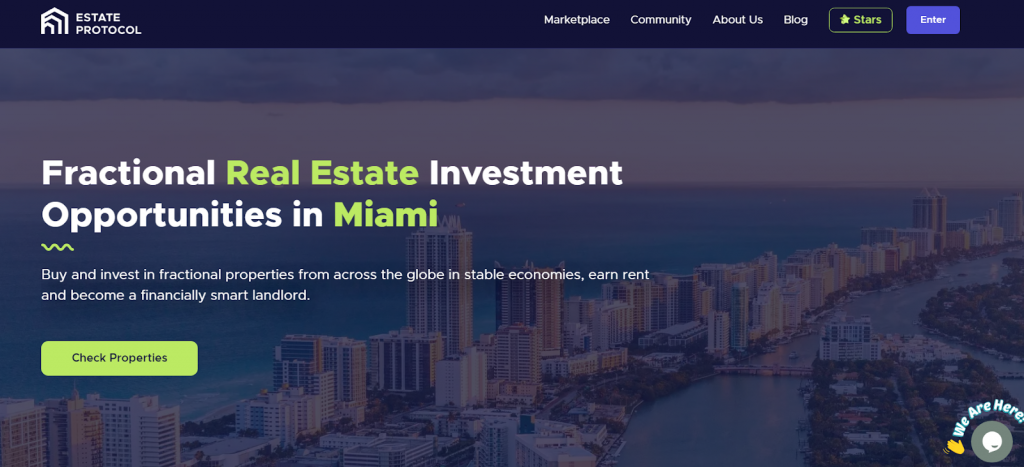
Estate Protocol is a platform that allows individuals to invest in fractional ownership of high-end properties globally, using cryptocurrencies. The aim of the firm is to democratize real estate investment by making it accessible to a wider audience through fractional ownership and blockchain technology.
- Fractional investment: Investors can purchase a portion of a property rather than the entire asset.
- Global investment: Offers properties in various countries, allowing for diversification.
- Rent generation: Investors can earn rental income from their property shares.
- Blockchain technology: Utilizes blockchain to tokenize real estate and ensure transparency.
- Curated properties: Provides a selection of properties after due diligence.
- Low investment threshold: Investors can start with as little as $ 50 .
Follow Estate Protocol on X and read our blogs to stay updated about the real estate market. Start your journey of owning tokenized real estates today.

